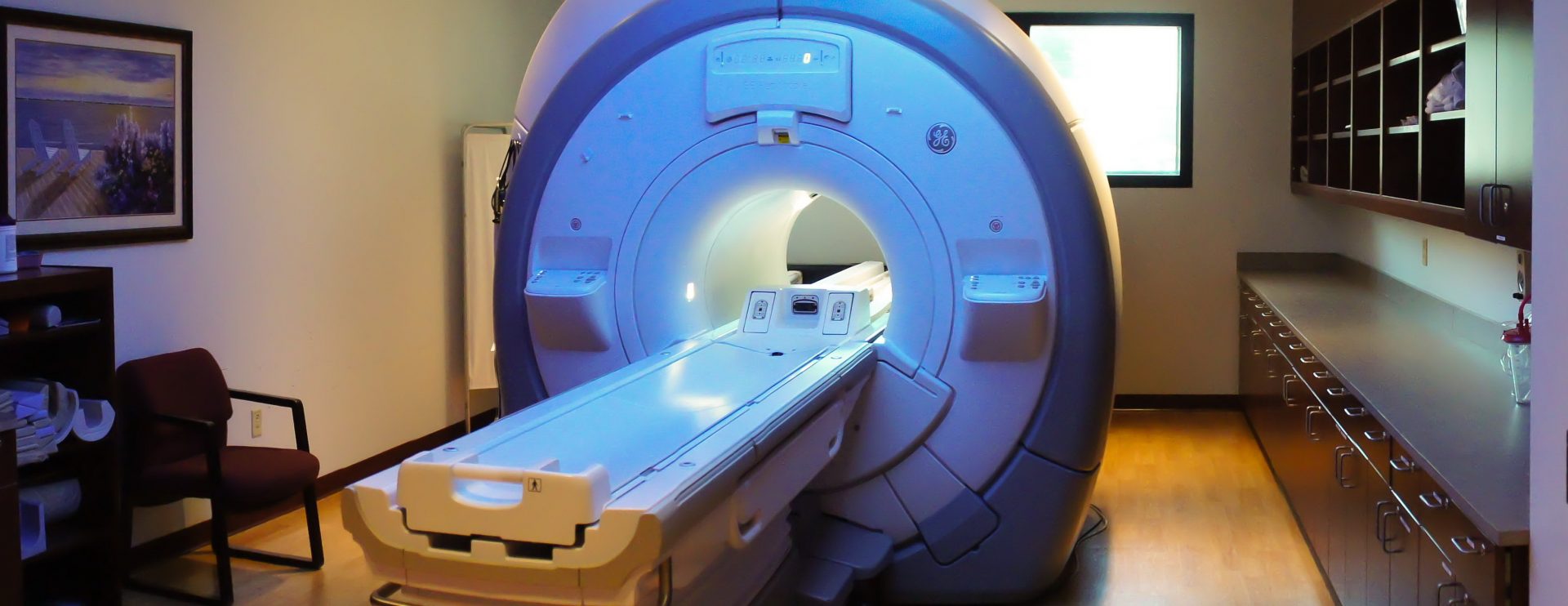Magnetic Resonance Angiography at GWIC
An MRA is an extremely useful diagnostic imaging tool, which uses a magnetic field and radio frequency pulses to provide images of the blood vessels inside the body. Magnetic resonance angiography is the use of magnetic resonance imaging technology to produce an accurate picture of the cardiovascular system and specifically the vasculature. MRA is capable of providing information that may not be obtained from traditional x-ray or other imaging modalities.
Unlike an x-ray, no harmful radioactive rays are used for MRI or MRA. A contrast agent is often introduced into the body intravenously and images are created that help doctors to diagnose conditions that affect the circulatory system.
Specific Uses of MRA
MRI’s and magnetic resonance angiography can be used on several different body parts, including but not limited to:
- brain
- neck
- heart
- chest
- abdomen
- pelvis
- legs and feet
- arms and hands
Indications for an MRA exam:
- identify aneurysms (bulging vessels) or abnormalities in the aorta of the chest or abdomen or in arterial vessels in the brain
- identify dissection or tears in blood vessels such as the ascending or descending aorta or other large arterial vessels branching off the aorta
- detect atherosclerotic disease or narrowing of the blood vessels in the arteries of the legs
- detect obstructions or plaque in the arteries of the neck such as the carotid which can reduce blood flow to the brain and cause a stroke
- identify abnormalities in the small brain vessels such as the Circle of Willis or in the kidneys and liver
- show the extent of coronary artery disease; coronary arteries are the vessels which supply the blood to the heart
- examine pulmonary arteries in the lungs to detect pulmonary embolism or blood clots
- detect injury to the arteries in the body after trauma
- evaluate arteries prior to surgery or other interventional procedures; to guide clinicians before implanting stents; or for evaluating a stent after implantation
- screen individuals for arterial disease, especially patients with a family history of arterial disorders or to look at congenital abnormalities
Instead of performing exploratory surgery, an MRA exam can provide physicians with detailed the information about the vasculature of the body. The colored images, which can be provided by an MRA, can offer doctors a unique perspective when dealing with specific types of disease or injuries.
Greater Waterbury Imaging Center specializes in MRI and Magnetic Resonance Angiography scans for patients in the greater Waterbury, CT area. For people who have claustrophobia, the scanner at Greater Waterbury Imaging Center is a wide-open bore magnet. We are committed to providing you with easy access to care, a comfortable exam and fast, accurate results. Physicians and patients throughout our community depend on us to provide exceptional MRI and MRA services. GWIC is located on the campus of Waterbury Hospital, adjacent to the Emergency Department. We have our own private, gated parking area for the convenience of our patients. If you are looking for an experienced and professional facility to have your MRI scan, contact us for more information or to set up an appointment for your patients, call 203-573-7674.


